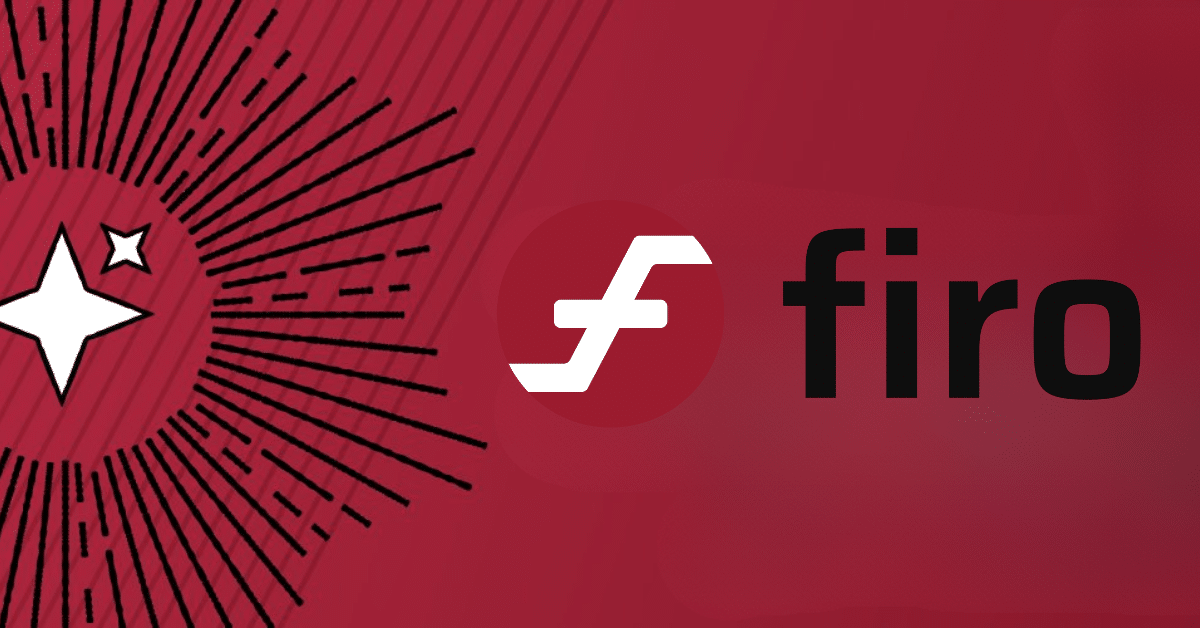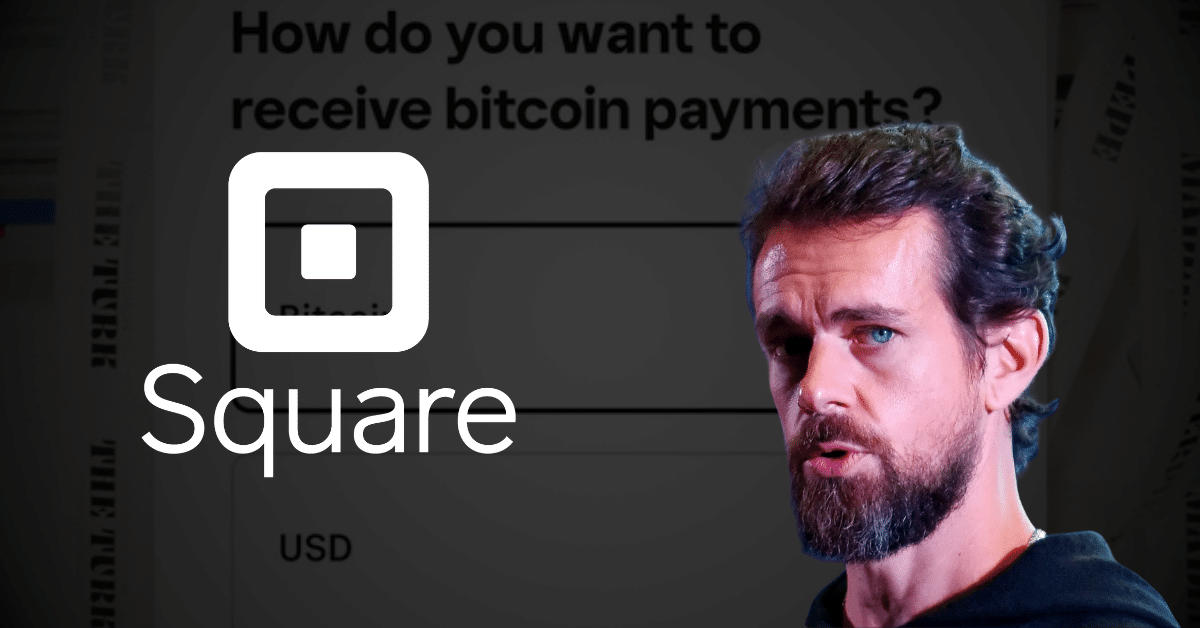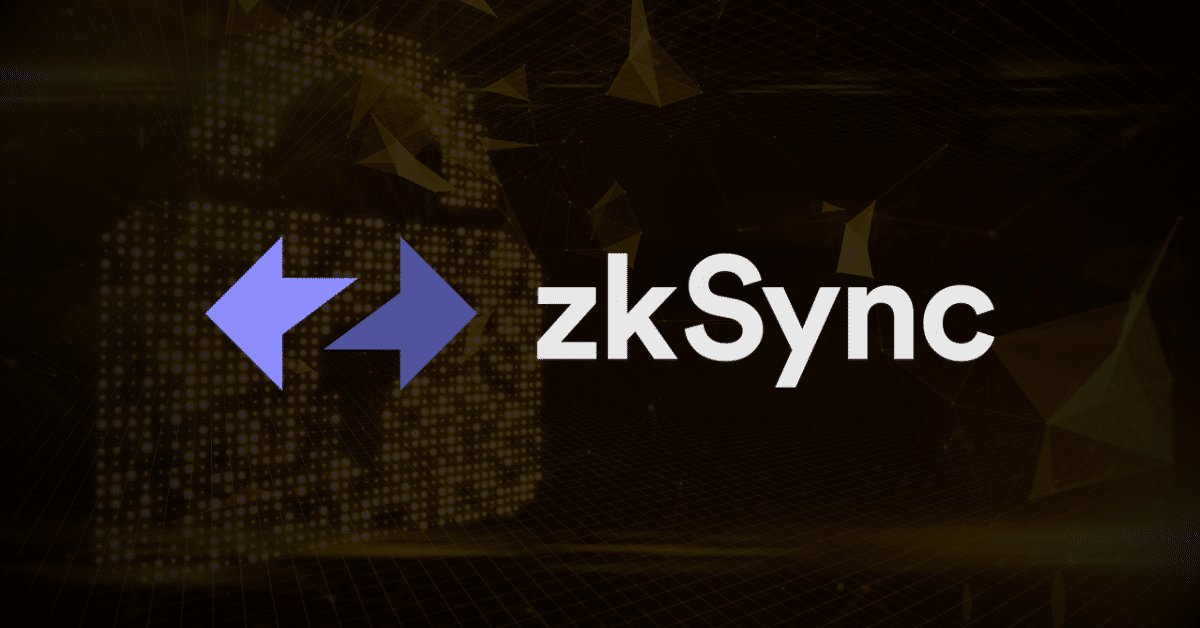Key Takeaways
- A prominent Bitcoin Ordinals developer, Leonidas, has threatened to fund a fork of Bitcoin Core if developers attempt to censor Ordinals, Runes, and other non-financial transactions.
- The conflict is rooted in a fundamental ideological war within the Bitcoin community over whether the network should only be used for peer-to-peer financial transactions.
- The Ordinals and Runes ecosystems have generated over $500 million in transaction fees for miners, a crucial source of revenue as the block subsidy continues to halve.
A new ideological war is brewing within the Bitcoin community, with one side threatening to fork the network’s core software. Leonidas, a prominent figure in the Bitcoin Ordinals ecosystem, has stated he would fund an open-source fork of Bitcoin Core if developers proceed with plans to censor or limit non-financial transactions.
The Philosophical Divide
The heart of this conflict is a fundamental disagreement over Bitcoin’s purpose. One camp, which includes figures like Blockstream CEO Adam Back, believes Bitcoin should be a pristine network reserved for financial transactions.
They view large data transactions as “spam” that consumes blockspace and moves away from Satoshi Nakamoto’s original vision. The other camp, represented by Leonidas and the Ordinals community, views Bitcoin’s censorship-resistant nature as its most crucial feature.
They argue that Bitcoin is a platform for any kind of data and that attempts to limit what can be written to the blockchain would set a “dangerous precedent” that could erode Bitcoin’s core principles.
This debate has also led to a rise in popularity of alternative clients like Bitcoin Knots, which offers more customizability and aligns with a less-restrictive philosophy.
The Economics of Censorship
Beyond ideology, the debate has a strong economic component. As the Bitcoin block subsidy continues to halve, miners are becoming increasingly reliant on transaction fees for revenue.
Leonidas argues that Ordinals and Runes have contributed over $500 million in transaction fees, which are essential for securing the network. Without these fees, miners might have less incentive to contribute their hash power, which could lead to a decrease in network security.
Final Thoughts
The threat of a Bitcoin Core fork highlights the immense tension between two competing visions for the network’s future. While the debate over “spam” transactions may seem trivial, it touches on core principles of censorship resistance and economic security.
Frequently Asked Questions
What does it mean to “fork” Bitcoin Core?
To “fork” Bitcoin Core means to create a new, separate version of its software, which can lead to a permanent split in the blockchain if a significant portion of the community adopts the new rules.
What is the difference between Bitcoin Core and Bitcoin Knots?
Bitcoin Core is the main, reference implementation of the Bitcoin software, while Bitcoin Knots is an alternative client that offers more advanced features and allows users to set their own node rules.
Why are transaction fees becoming more important for Bitcoin miners?
Transaction fees are becoming more important because the block subsidy, the reward for mining a new block, halves approximately every four years, forcing miners to rely more on fees to remain profitable.























